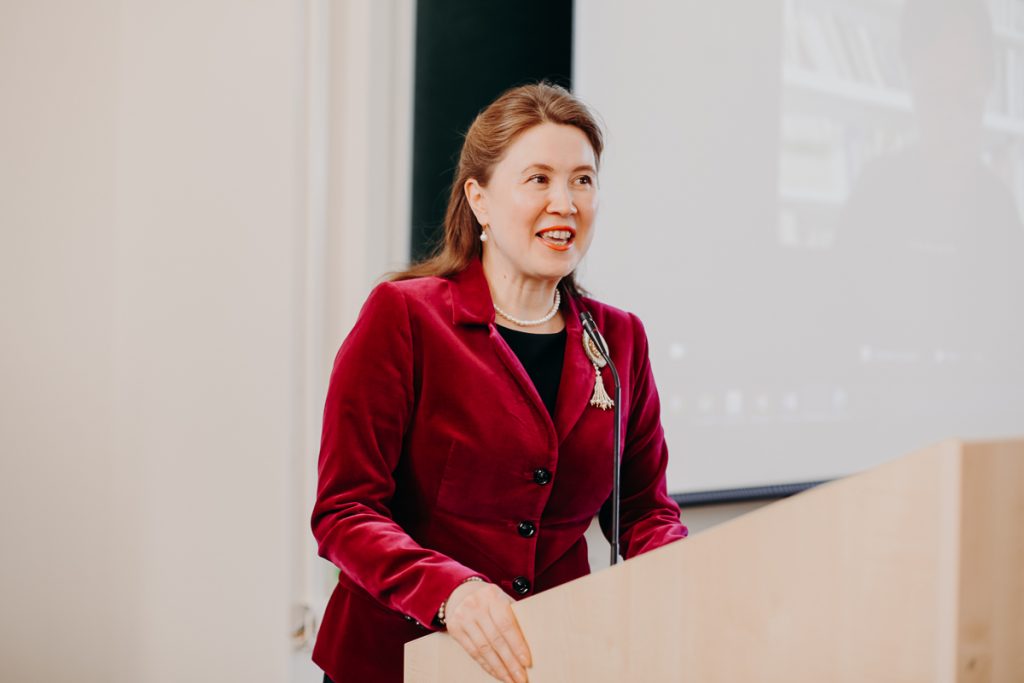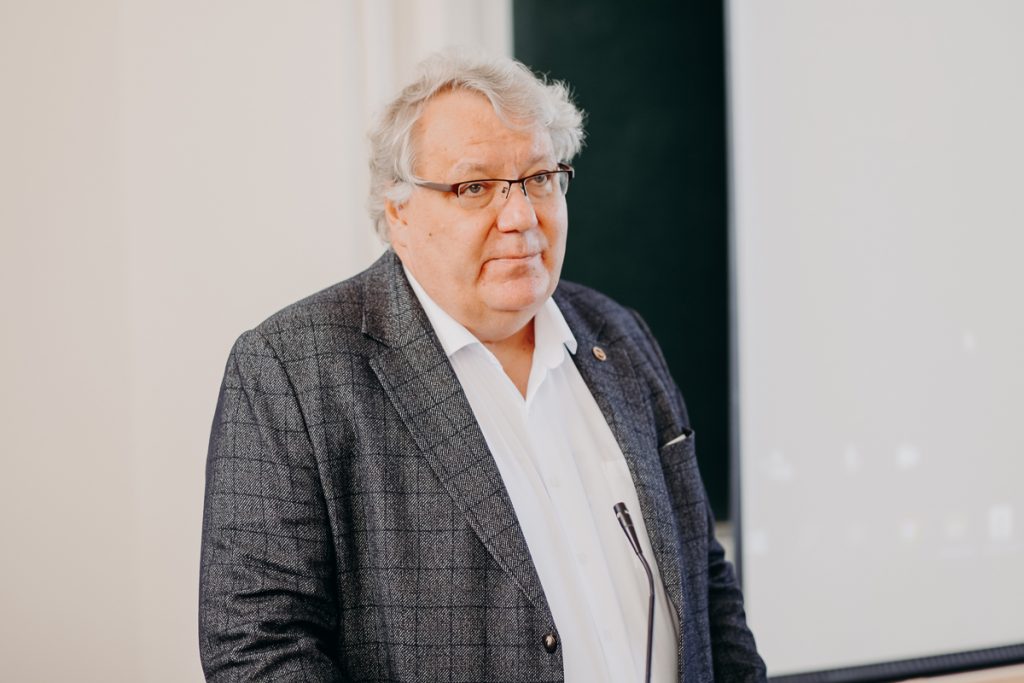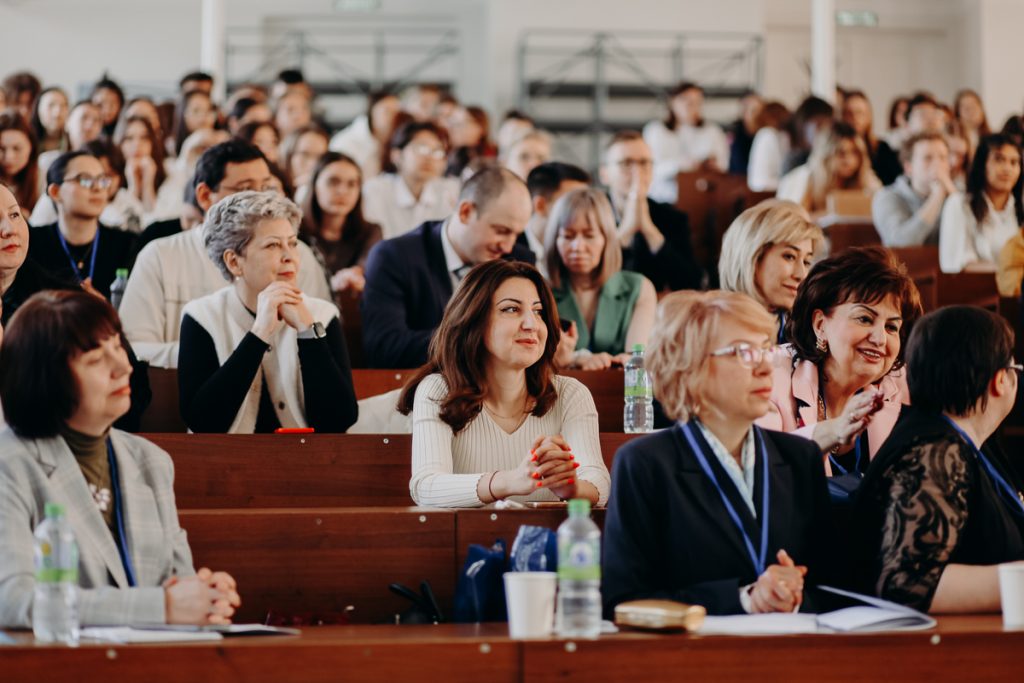Problems of Society, Science and Education in the Context of Geopolitical Turbulence conference co-organized with Kazan State Conservatory




The event takes place on 31 March – 3 April.
The conference is attended by about 240 teachers, students and PhD researchers from Kazan, Moscow, St. Petersburg, Blagoveshchensk, Kishinev, Krasnodar, Kaliningrad, Minsk, Murmansk, Novosibirsk, Novoshakhtinsk, Rostov-on-Don, Simferopol, Surgut, Tolyatti, and other cities.
Welcoming the participants, First Vice-Rector Dmitry Tayursky reminded that KFU is a classical university, where almost all areas of training are represented, “This interdisciplinary environment allows us to develop interdisciplinary educational programs, as well as to do a lot of projects at the intersection of sciences. Few people know that it was in this building, in the Emperor Ballroom, almost 200 years ago that Rector of Kazan University Nikolai Lobachevsky presented his speech in which he first raised the issue of education of the young generation.”
Then the audience was greeted by Rosa Akhmadieva, Secretary Academician of the Department of Social and Economic Sciences, Corresponding Member of the Tatarstan Academy of Sciences, Rector of Kazan State Institute of Culture.
Diana Sabirova, Dean of the Higher School of Foreign Languages and Translation of KFU, said, “In accordance with the mission of the Institute of International Relations, the strategic goal of the School of Foreign Languages and Translation is the training of highly qualified personnel ready to address issues in language education, linguistics, translation activities, international communication, communication technologies and possessing a set of professional competencies. Today’s conference is a new step in discussing topical issues of interaction between education and science in the conditions of geopolitical turbulence. The declared topics of the breakout sessions are quite extensive. It is planned to discuss the value-target characteristics of modern education, problems of modern educational content, domestic and foreign experience in organizing the educational process in higher education, preservation of traditional cultural values of children and youth, inclusion in education and social sphere, scientific and pedagogical tools for training for the industrial sector of economy, essential characteristics of physical culture and sports activities in educational institutions, topical issues of English language teaching.”
“The conference is held for the first time, and at five venues at once,” Anastasia Fakhrutdinova, Chair of the Department of Foreign Languages in International Relations, informed. “The main part is organized at Kazan University. In addition, two sections work at Kazan State Conservatory, one section – at Kazan National Research Technological University. The other venues are Southern Federal University and Blagoveshchensk State Pedagogical University.”

